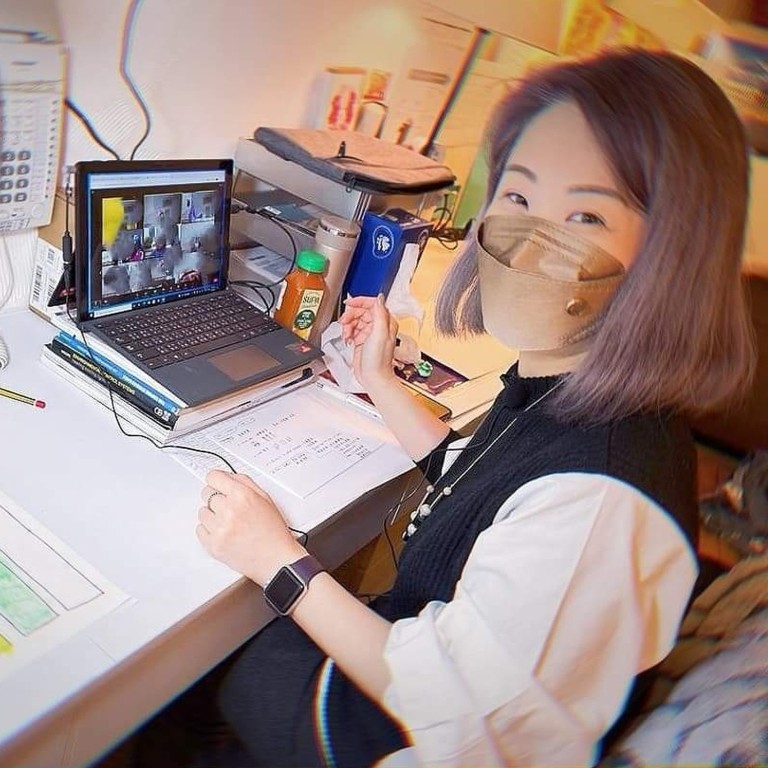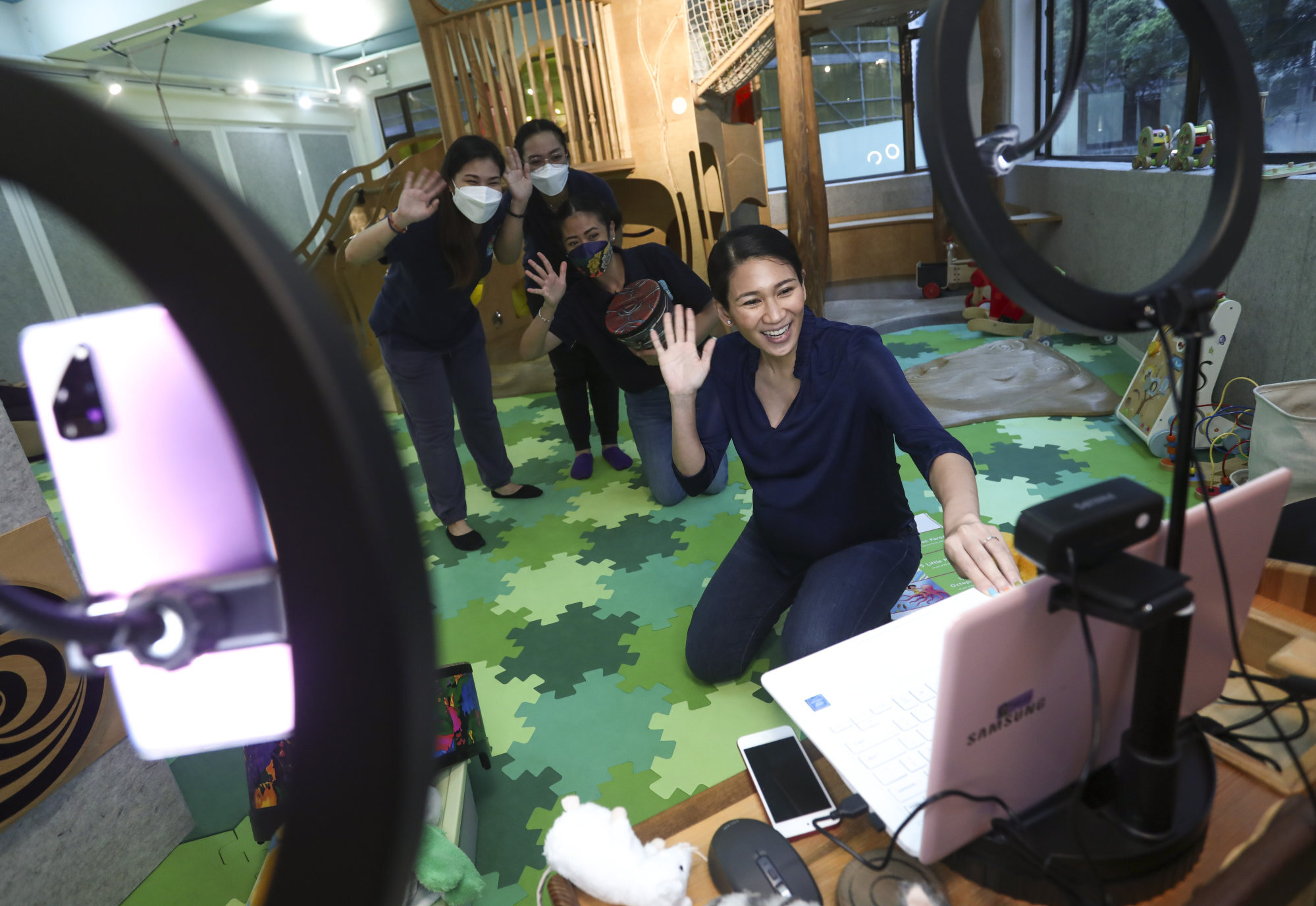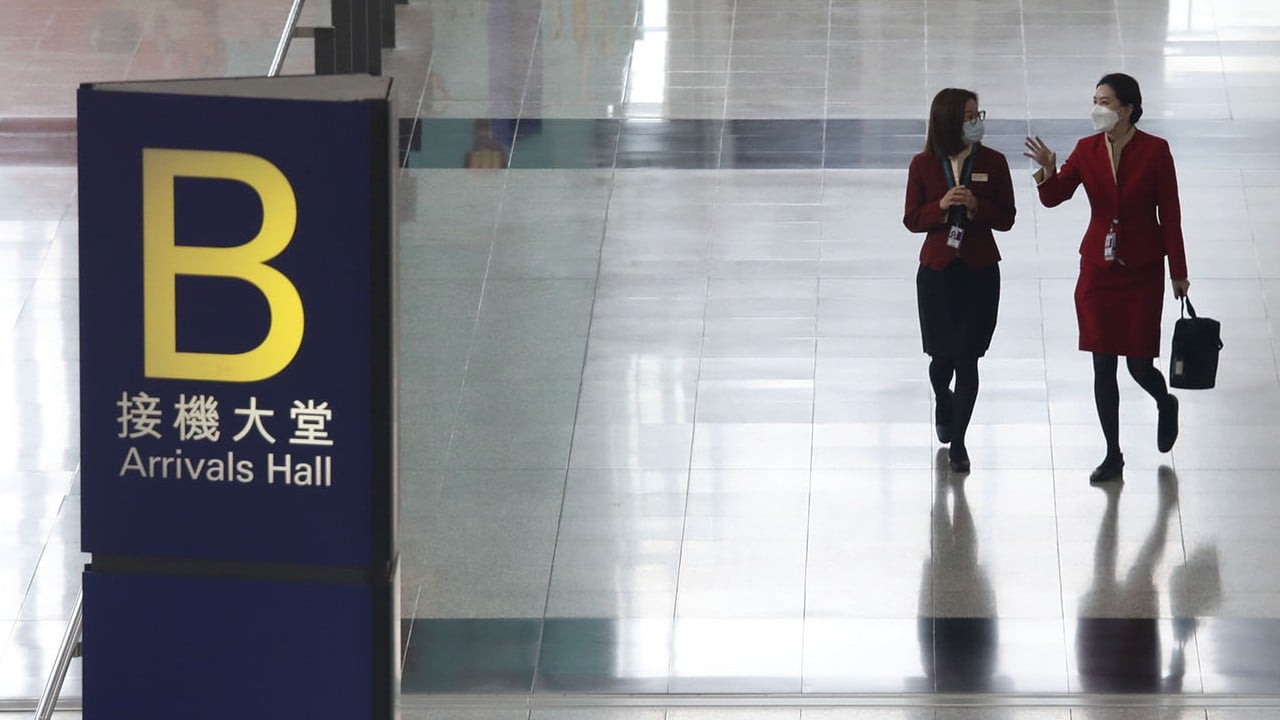
Coronavirus: Hong Kong youngsters sign up for online activities during early school holiday
- Business operators say parents are more willing to send children to online extracurricular classes compared with two years ago
- Centres offering kids’ activities say early school holidays resulted in more enquiries, enrolments
Children and teenagers in Hong Kong have enrolled in online classes for everything from music lessons to art and wellness programmes after their early summer break was brought forward during the city’s worst wave of coronavirus infections.
Operators of centres offering extracurricular activities have reported a sharp increase in enrolment and inquiries, adding that parents were more accepting of online classes compared with the start of the pandemic.
The decision was part of the government’s efforts to reduce the movement of people amid the current Covid-19 outbreak. The vacated school premises were originally intended to be used as centres for mass testing, but city leader Carrie Lam Cheng Yuet-ngor said on Monday the plan had been suspended.
With business usually picking up over weekends and school holidays, private operators have offered a wide variety of extracurricular activities for between HK$200 to more than HK$1,000 per hour.
Hong Kong schools need 90 per cent student jab rate to resume full-day classes
Housewife Dion Ma, 50, said she was paying about HK$2,000 (US$255) a month since the start of the break for her 11-year-old son to attend various online classes, with subjects including mathematics, violin and debating.
All of these activities had previously been in-person classes but had moved online after the fifth wave of infections began, she said.
“The pandemic has brought changes to education. Most students are now used to online classes. I’m open to it too, as this is a new way to keep learning without going back to school,” Ma said.
But she added that her son was not the biggest fan of online lessons because he preferred meeting his friends face-to-face.
Meanwhile, some business operators said they had seen an immediate increase in enquiries at the start of the early summer break.
“Inquiries from local students rose by 60 per cent compared to the summer holidays last year,” said an employee of Apluza Academy, which runs science, technology, engineering and mathematics (STEM) classes. The company has conducted 500 online classes since March last year, the staff member said.
Other businesses said they had noticed a big change in parents’ attitudes towards virtual learning.
“When we had to shift to online classes for the first time in 2020, it was very difficult,” said Lopo Lo Po-chun, 46, general manager of CreativeKids, which runs art and design programmes for three- to 18-year-olds.
“At first, promoting online classes to parents was difficult, as they wanted to wait until infections subsided and their children could return to in-person classes. But as things got much worse in Hong Kong, parents became really supportive.”
The centre has seen enrolments rise by 20 to 30 per cent compared to two years ago, and currently runs 50 to 70 online classes a week, with three or four students per session.
Crisel Consunji, 37, co-founder and head of learning and development at Baumhaus, which offers creativity sessions for children under six years old, said parents were coming to terms with the idea that screen time might not be entirely a bad thing.

“Technology is now undeniably a part of our lives, and creating a healthy relationship is what really matters,” said Consunji, an early childhood specialist.
“Nothing can replace physical, in-person lessons and interactions, but we are trying our best to think of games, teaching methods and ways of speaking to our students to make it the best possible learning experience for them during this difficult time,” she said.
Meanwhile, at least 50 primary schools have enrolled in a free programme to help pupils cope with negative emotions that may have been brought on by the pandemic, class suspensions and lockdown measures.
Run by the Centre for Suicide Research and Prevention of the University of Hong Kong’s faculty of social sciences, the programme aims to help children strengthen their character and absorb positive values.
Participants take up different challenges each week, including tasting a dish they usually do not like, doing exercise with family members and greeting neighbours or security guards.
For your eyes only: Hong Kong schools offer online tour to Japan for pupils
Paul Yip Siu-fai, the centre’s director, said the programme would run from late March to mid-May and would seek to cultivate good habits, lifelong values and resilience to help children face the next possible wave of Covid-19 infections.
Despite the summer break being brought forward, he said that he felt parents did not need to worry that their children’s studies would suffer.
“Education is a long journey and parents should not worry too much and push too hard,” Yip said. “The kids will eventually attain academic knowledge, but character building is more important to their growth.”



